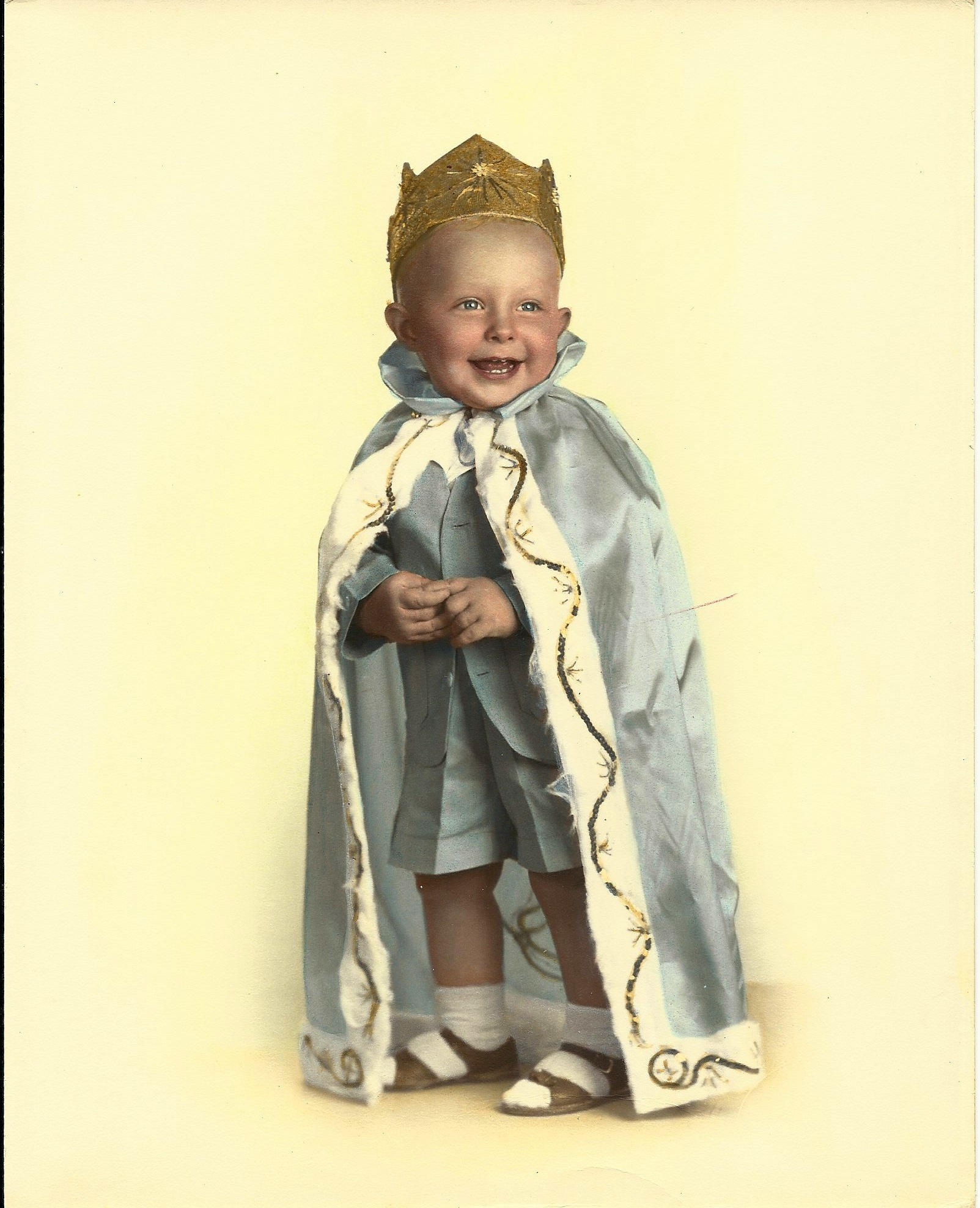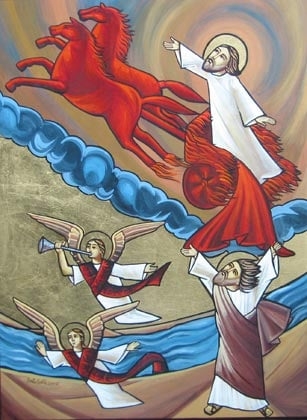These reflections are a result of more than 40 years of ministry as a Roman Catholic priest. Most of these years I spent in the Diocese of Charlotte which covers Western North Carolina. Now I am retired, and live in Medellín, Colombia where I continue to serve as a priest in the Archdiocese of Medellín.

I received from the Lord what I also handed on to you, that the Lord Jesus, on the night he was handed over, took bread, and, after he had given thanks,
broke it and said, "This is my body that is for you. Do this in remembrance of me." In the same way also the cup, after supper, saying, "This cup is the new covenant in my blood. Do this, as often as you drink it, in remembrance of me." For as often as you eat this bread and drink the cup, you proclaim the death of the Lord until he comes. (1 Cor 11:23-26)
https://bible.usccb.org/bible/readings/061922.cfm
The oldest account of the Institution of the Eucharist is this passage from Saint Paul. The formula: "I received from the Lord what I also handed on to you . . . " indicates material that Paul has learned and in turn hands on to us. Today’s photo is of a mosaic showing the Divine Pelican. The pelican became a Eucharistic symbol of Christ because of a medieval legend it was believed that in times of want, a mother pelican would pierced its own breast to feed its young. Happy Father's Day to all!

Can any of you by worrying add a single moment to your life-span? Why are you anxious about clothes? Learn from the way the wild flowers grow. They do not work or spin. But I tell you that not even Solomon in all his splendor was clothed like one of them. If God so clothes the grass of the field, which grows today and is thrown into the oven tomorrow, will he not much more provide for you, O you of little faith? Your heavenly Father knows that you need them all. But seek first the Kingdom of God and his righteousness, and all these things will be given you besides. (Mt 6:24-34)
https://bible.usccb.org/bible/readings/061822.cfm
Saturdays are traditionally devoted to the Virgin Mary. In her Magnificat, the Mother of Jesus reminds of God’s values: God who lifts up the lowly and casts down the mighty; God who sends the rich away empty, but fills the hungry with every good thing.

When Athaliah, the mother of Ahaziah, saw that her son was dead, she began to kill off the whole royal family. But Jehosheba, daughter of King Jehoram and sister of Ahaziah, took Joash, his son, and spirited him away, along with his nurse, from the bedroom where the princes were about to be slain. She concealed him from Athaliah, and so he did not die. For six years he remained hidden in the temple of the LORD, while Athaliah ruled the land. (2 Kgs 11:1-4, 9-18, 20)
https://bible.usccb.org/bible/readings/061722.cfm
When I was just a kid, the story of the boy-king, Joash, caught my imagination: to hide out in the temple of the Lord until he was ready to receive the crown.

Jesus said to his disciples:
“In praying, do not babble like the pagans, who think that they will be heard because of their many words. Do not be like them. Your Father knows what you need before you ask him. “This is how you are to pray: ‘Our Father who in heaven . . .” (Mt 6:7-15)
https://bible.usccb.org/bible/readings/061622.cfm
The prayer that Jesus gave us teaches us everything we need to know about God. We can never exhaust its meaning in the life of believers everywhere. The prayer invites us to trust God with all our needs . . . because we are loved completely.

As they walked on conversing, a flaming chariot and flaming horses came between them, and Elijah went up to heaven in a whirlwind. When Elisha saw it happen he cried out, “My father! my father! Israel’s chariots and drivers!” But when he could no longer see him, Elisha gripped his own garment and tore it in two. (2 Kgs 2:1, 6-14)
https://bible.usccb.org/bible/readings/061522.cfm
With the Prophet Elijah being carried away to heaven in a flaming chariot, the torch is passed to Elisha who becomes prophet carrying the mantle of Elijah.



